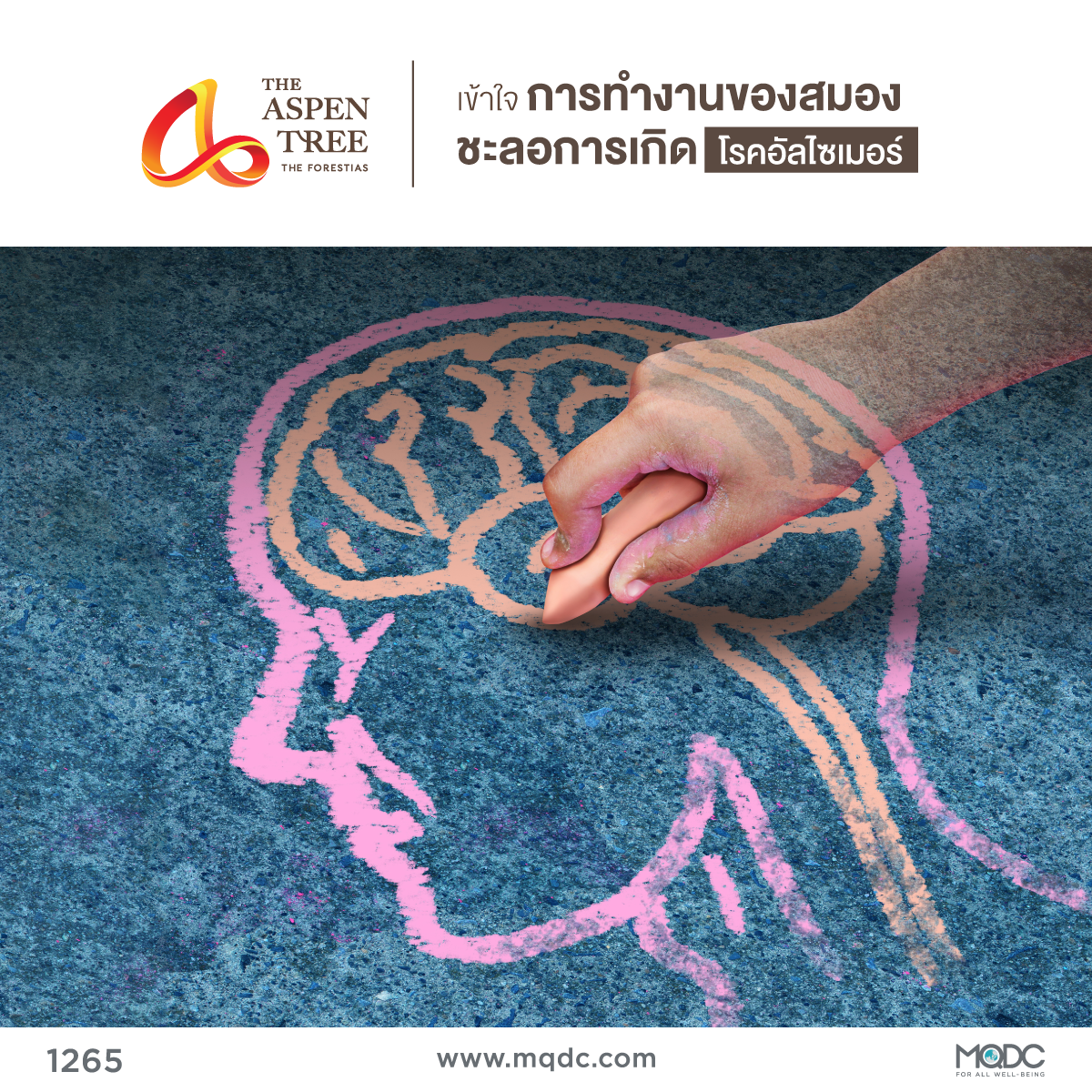Our brains contain millions of nerve cells. They process the information we receive and convert it into electrical or chemical signals. These pass information to different parts of the brain and commands to different parts of our bodies. In Alzheimer's patients, these nerve cells are damaged. They lose their function, affecting learning and memory. By understanding the brain’s mechanisms and processes, we can discover how changes alter our brains function. We can use this knowledge to avoid harmful factors. We can slow down brain deterioration and also prevent or reduce the risk of Alzheimer's.
Important Brain Cells
The most important brain cells are neurons. These nerve cells help communicate between our brains and bodies to control our nervous systems. There are also glial cells, which perform support functions. They protect nerve cells so they can work efficiently. Glial cells are the most abundant cells in our brains, outnumbering neurons ten to one. Microglial cells act like white blood cells in our bodies. They destroy foreign matter and protect nerve cells from physical and chemical damage. Glial cells work with the circulatory system within our brains to achieve a delicate balance where our nerve cells and brains work most efficiently.
3 Biological Processes for Learning and Memory
Learning and memory are essential to our daily routines. Three biological processes in our brains are vital.
1. Neuronal Communication
Neuronal communication is the brain’s most important process. Neurons relay information to one another. This transfer happens very fast for our brains to work efficiently and respond quickly and accurately. Scientists have found that human neurons may connect with up to 7,000 other neurons.
2. Neuronal Metabolism
Brain cells use energy all the time and consume up to 20% of the body’s energy. Brain metabolism and chemistry are critical. The brain uses energy in the form of oxygen and glucose from the circulatory system. The brain is one of the organs that most needs blood and least resists ischemia. The brain can withstand only 3-4 minutes, while some other organs can survive hours. Any condition that causes cerebral ischemia harms brain function.
3. Repair-Remodeling-Regeneration
Nerve cells repair themselves to prolong their life and work more efficiently. Neurons live far longer than other cells. Their repair process of remodeling and rebuilding can enable nerve cells to live up to 100 years. The process also helps them work more efficiently and quickly. Thus, this process helps to develop intercellular communication, which is important for human learning and memory.
The Brain and Alzheimer's
Healthy human brains shrink slightly with age. But their nerve cells continue to function normally. People with Alzheimer's disease, however, suffer a loss of function and the destruction of many nerve cells. Alzheimer's patients often experience memory loss. The hippocampus is affected first, followed by the cerebral cortex, responsible for language, reasoning, and social behavior. Eventually other brain functions are also lost. Memory problems are often the first signs of Alzheimer’s, followed by reasoning, language, and social behavior. In a severe stage, patients cannot function in daily life and need carers.
Key Features of Alzheimer's
The brains of people with Alzheimer's disease experience many molecular and cellular changes that cannot be seen with physical examination, blood tests, or routine laboratory tests. Alzheimer's is confirmed by examining brain tissue under a microscope. The most common features found in the brains of Alzheimer's patients include:
Amyloid plaques: proteins whose accumulation between nerve cells can interfere with connections and disrupt their functioning.
Lack of sleep promotes Alzheimer's. The brain eliminates amyloid protein during sleep. Insufficient sleep increases the accumulation of amyloid protein. In patients with severe Alzheimer's, the accumulation of this protein spreads to different parts of the brain, causing the brain to lose function and eventually affecting their daily life.
If you struggle to get enough sleep, read more on how to sleep well.
Neurofibrillary tangles: These abnormalities affect tau proteins that provide structure for nerve cells and are involved in the transmission of signals. Alzheimer's binds tau proteins until they become abnormal fibers and obstruct signal transmission, including communication within and between nerve cells.
Chronic inflammation is another factor in Alzheimer's. Patients have an accumulation of amyloid protein that impairs brain function. In addition to obstructing the function of nerve cells, amyloid proteins stimulate inflammation substances that harm nerve cells. The brains of patients contain a lot of various inflammatory substances. Prolonged chronic inflammation damages brain function and brings more and more symptoms.
Studying the brain processes and mechanisms of Alzheimer's, including risk factors, helps us adjust our behavior for brain health and good physical health to live free from disease.
Brain Health at The Aspen Tree, Operated by Baycrest for “Holistic Lifetime Care”
Advanced medical technology is extending our lives. And the most precious gift when we’re older is good health to live an independent, meaningful, worry-free life. The Aspen Tree at The Forestias has therefore worked with research leaders and experts in eldercare such as Canada’s Baycrest. The community provides Holistic Lifetime Care with full facilities and a Health & Wellness program for older adults. Residents can enjoy yoga, swimming, singing, playing music, meditation, outdoor activities, hydrotherapy, and many more ways to boost physical, mental and brain health.
The Aspen Tree The Forestias also has a Health & Brain Center with services to slow down dementia. A team of specialists is on hand 24 hours a day to give you peace of mind and support your holistic well-being.
Live a healthy, happy, hassle-free life as an older adult.
More details click https://mqdc.com/aspentree
Tel. 1265
LINE OA : @TheAspenTree or click https://mqdc.link/3Emhkde
Reference
https://www.nia.nih.gov/health/what-happens-brain-alzheimers-disease
https://mqdc.com/th/aspentree/society/health/123/comfortable-sleeping-environment









